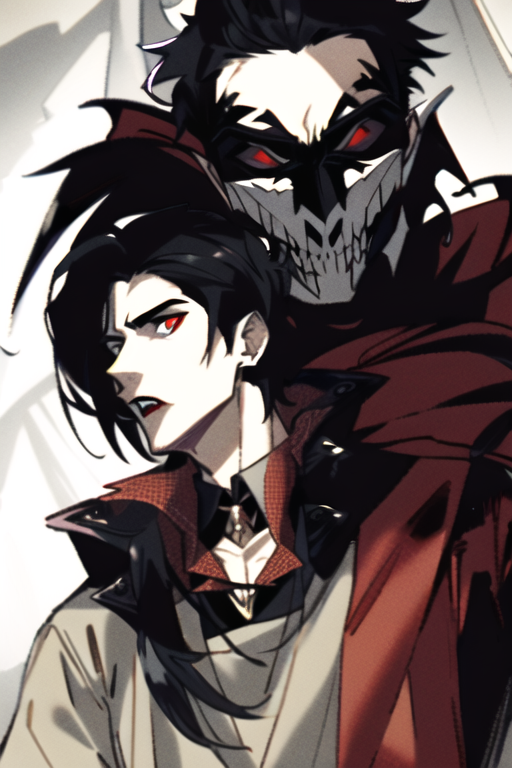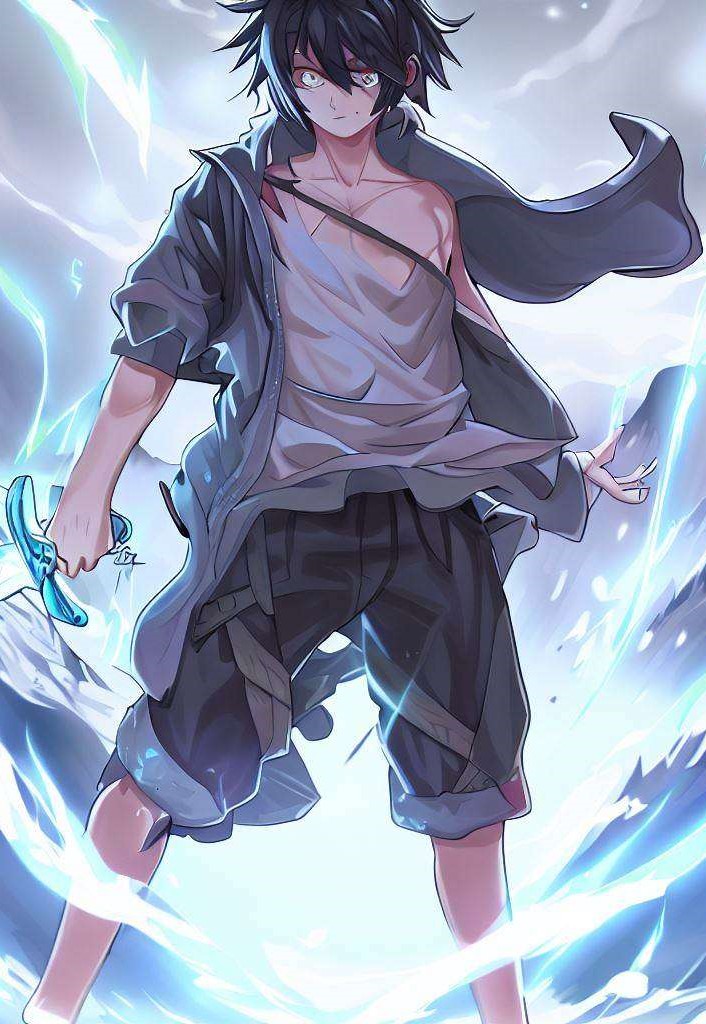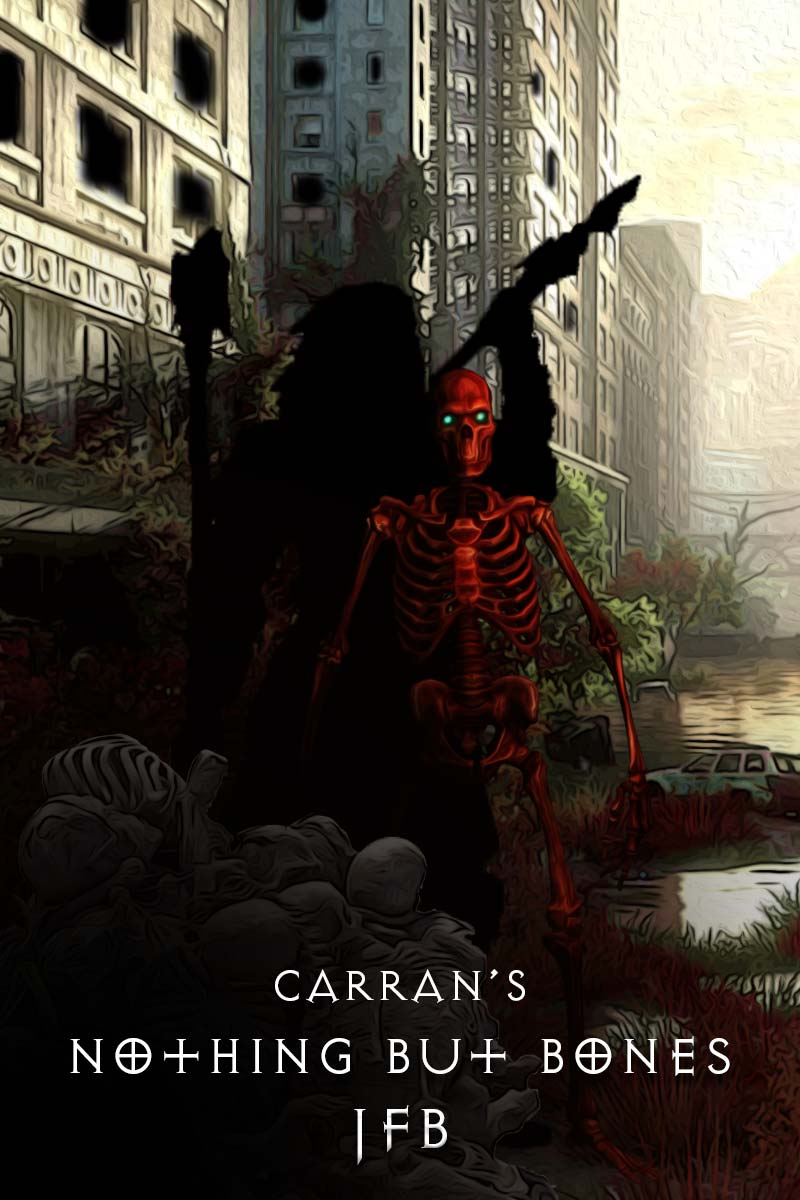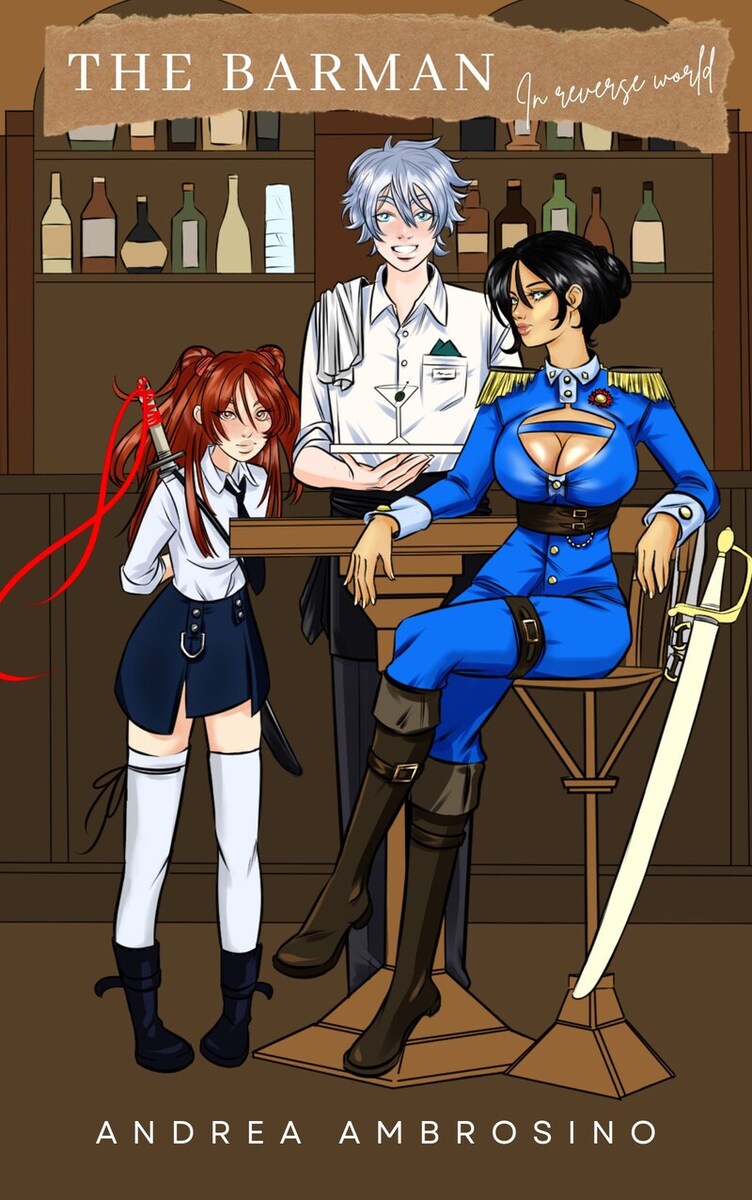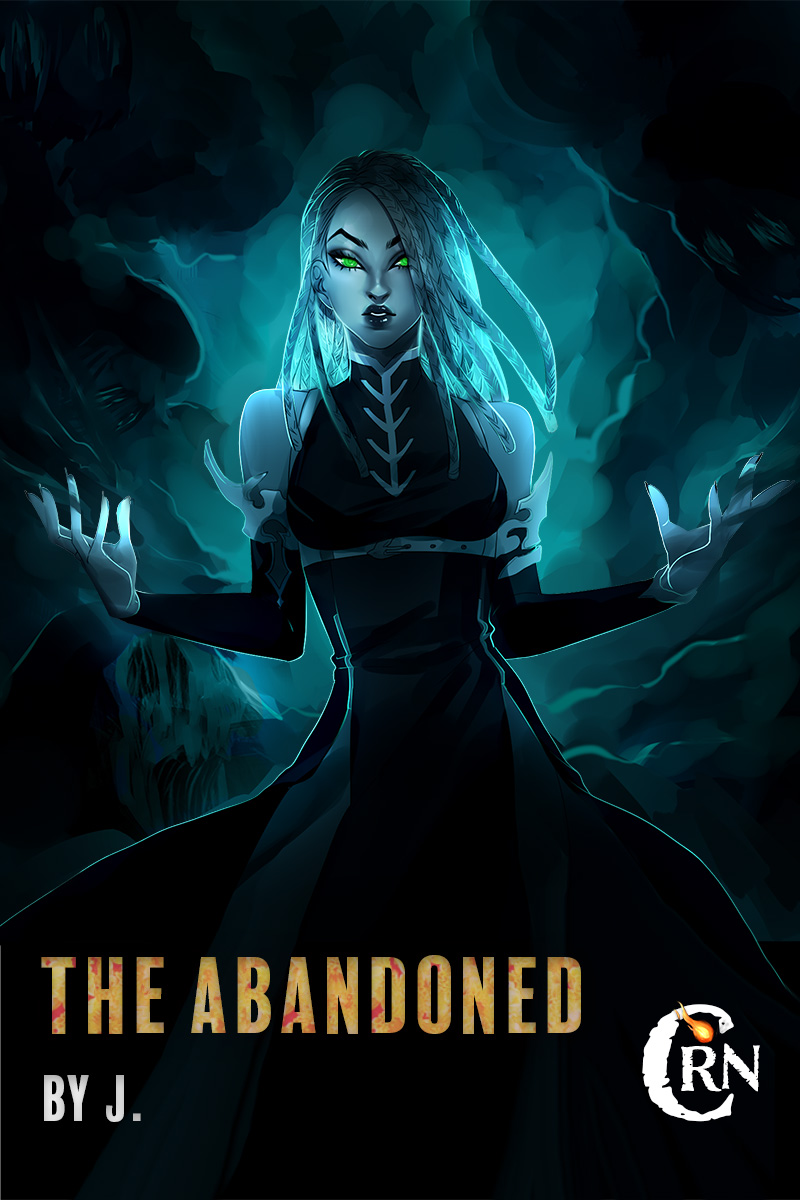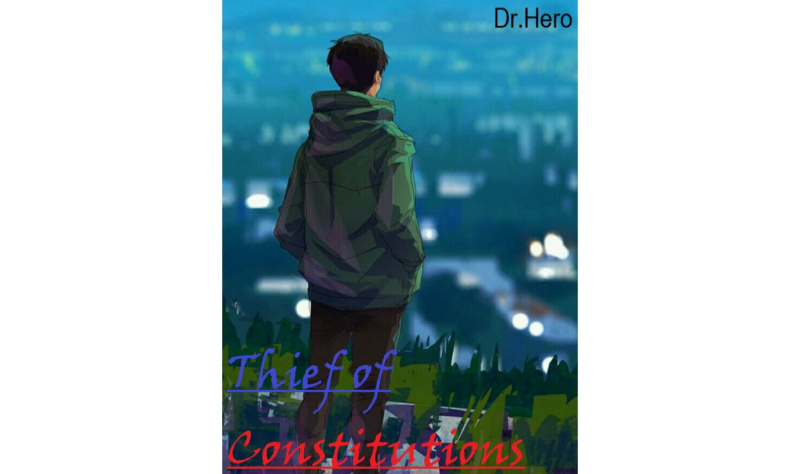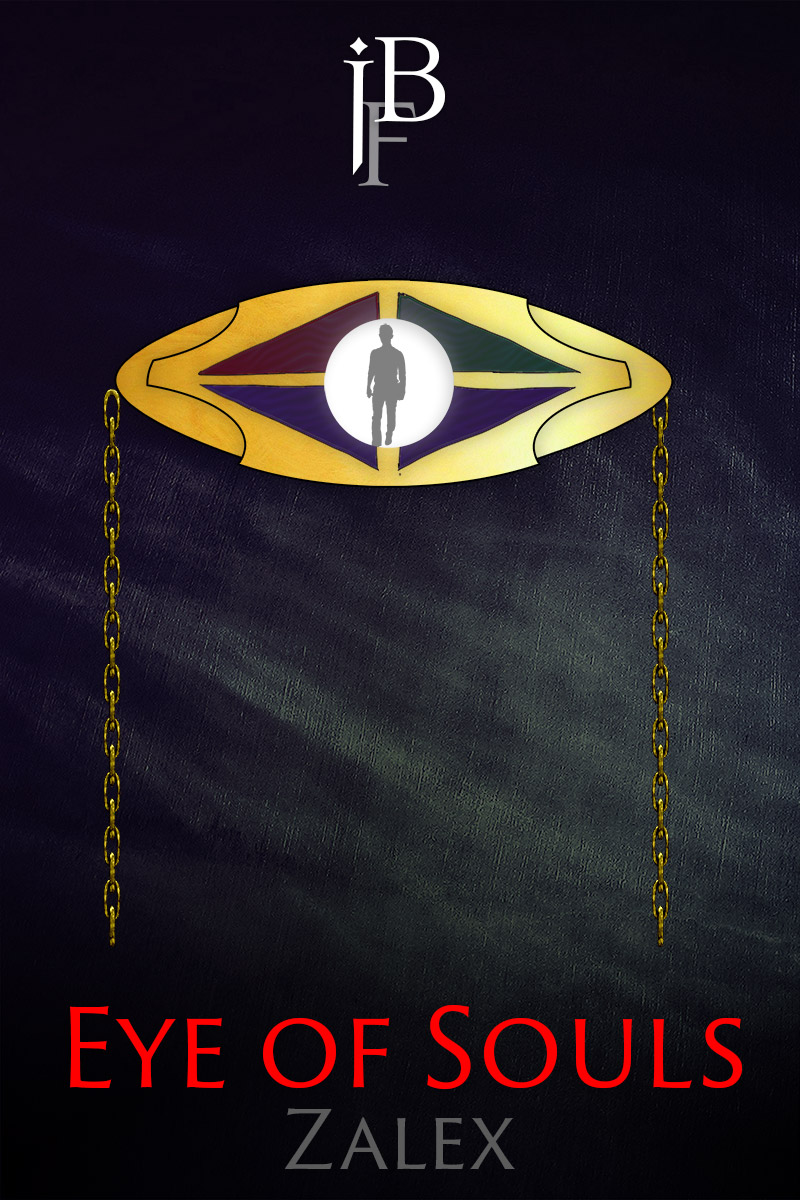Alestor
July 16, 2017
10:34 AM
Alestor did not want to be here, in this cold room, working with the defects of society (as he called them). But today was special, an inauguration of sorts and because of that, he was obliged to tolerate his client’s company. For today was not just for himself, but for the other entity, the worshiped so to speak.
So he sat down on his leather brown sofa and waited for the nervous-ticks of Mrs. Breyer (his special client) to cease.
Seven times they had been at it, Mrs. Breyer and Mr. Alestor and seven times they had failed. But she was confident today that they would get to the root of her psychiatric deformity. And under of lens of Alestor, they would find the mutation in her soul and cull it, like a tumor. Yes, for a moment she looked hopeful and frightened all at the same time. Because, after all, all psychiatric breakthroughs begin with admitting a tragedy. And admitting a tragedy, a pained memory, is always hard.
She took a sip of a glass of water on the side of her sofa. Alestor had offered it to her. It tasted strange.
She shook it off, must be the nerves. All the while she rolled around in her seat. The leather creaked with each of her movements. She nearly slipped out, the chair being twice as wide for her petite body. She ended uplifted her knees and tucking them to her rear to fill up the empty space.
Alestor sat, playing with his fingers, twitching, watching her idle. He coughed.
“We’ll begin the auditing process.” He said.
“Can we do it without him?” She pointed to a man in the corner of the room with a black blazer and with dull, hazel eyes. They looked like glass, empty and transparent. Alestor sniffed, threw his pointer finger elsewhere and he was gone.
“Sorry, I forgot. He was a past patient of mind, of sorts.” Alestor said. “Back to the auditing process.”
“Auditing process?”
She took another sip. The water tasted better (should water have even had a taste?). Her glazed eyes stared around. And her thin, angular head began to roll side to side. As if the contents of her skull had been siphoned out. There was music in the background and a small drum line of footsteps, possibly from the men outside the door who were waiting for the doctor. Alestor knocked hard on the wall and the noise stopped.
They resumed. In between, them was a coffee table. It was small, Alestor was within arm’s reach of Mrs. Breyer.
“Yes, Mrs. Breyer. The human heart has an affinity for delusion and blindness especially in matters of reflection of itself. We are here to cure that, to see what is in you. Both of us, hand in hand. This is part of the last step of our healing process.” He said.
“Yes, I think today we can get somewhere. I feel it, doctor.” She began to sweat and took another sip. Mr. Alestor reached into his pocket for the rattle of a gold chain. It was a watch.
“Now, given your temperament, I’m going to try some things to help you relax. Okay?” She nodded. “I will demand you look at me behind this moving stopwatch. All you have to do is answer my questions, that’s it. The quest for innermost reflection begins with an honest question after all.” His voice sounded raspy, antique like the medals and goblets and statues and books that decorated the room.
“Well, okay.” She looked away at, fidgeting with her jacket, those nervous things you do. He stared at her and it was not until she stared back that they began.
“What is your name?” Alestor asked.
“Emily Breyer.”
“Where were you born?”
“Utah. But I moved here a few years back.”
“I did not ask that.” He said. She slapped herself lightly. They began again.
“What is your name?”
“Emily Breyer.”
“Where were you born?”
“Utah.”
“Did you have a family?”
“Yes.”
“How big was it?”
“We were four, now we’re three.”
“I did not ask how many there are, only how many there were.” He barked. She twitched. She felt her throat tighten and wanted to leave but could not, something compelled her to stay. Or maybe couldn’t. She sipped. What was in this water? It was good.
She closed her mouth and rubbed away drool from her lips. He asked her name again. She stuttered, he barked. She cried. Softly moaning, it had been like this before but never as quick or as harsh.
There were tissues for her and as she looked around she began to miss the stranger in the corner of the room. She felt alone in the dim room with the lifelessly colored beige wallpaper all around her. She began to breathe fast and felt a hand on her shoulder, it was Alestor. Mrs. Breyer breathed in and out and she stared into the stopwatch and its movement like a pendulum. Although she felt pressed, although her chest felt filled with cement, she continued on. Another drink. She was light.
“There are only two things the soul demands, Mrs. Breyer. Honesty and strength of will.” It was strange to hear his voice so soft, to hear a man both in anger and patient understanding. She was confused but went on with what he spoke. “I’ve never seen anything as deadly to vice and suffering as those two.” He lifted her chin and their eyes fell on each other. “We will do this together, again. What is your name?”
“Emily Breyer.”
“Where were you born?”
“Utah.”
“Did you have a family?”
“Yes.”
“How big was it?”
“We were four.”
“How many do you have now?”
The air suddenly became thick. She looked at her glass, she swore the room was moving, melting away. She tried taking another sip, nothing but a water droplet.
“Three.” She said.
“Of how many there used to be, name them all.”
“Michael, Carter…and…Abel.” She muttered in between her rapid breathing.
“Which one was your favorite.” He studied her face. “Between them all, who did you love most?”
“I…” Her eyes looked to the speeding watch like a metronome counting down her speeding thoughts. Images of a lost, images of something dreadful. She wanted to believe she couldn’t say what was in her. That it was beyond her. But it couldn’t have been, she had felt it before in the privacy of her sleep (and now saw it in flashes across the wall). She put her hand on her chest, she could feel every one of her palpitations like a bird, or a worm, trying to burst out of her chest.
The room spun again. She swore Alestor’s rugged face was melting into play-doh.
“Carter, my oldest son was my favorite.”
“And who was your least favorite?”
I cannot, she thought. Not this one. She could not close her mouth anymore, her saliva was running out. It made her throat dry. She tried to breathe, her lungs felt weak. She tried to wriggle her feet, but there was no feeling. It felt like she was cast away, floating atop a dark sea and now, at this instant, sinking dangerously low to the ocean floor. Where the pressure cracked her.
She stared at the watch again. Still vapid and empty and dull.
“We always stop here. It has been like this for two months now, Ma’am.” He rubbed his face. “Are you even here?”
He snapped his fingers at her. She looked up, a streak of spittle falling down to her blouse.
“You’ve traveled a dizzying river bend and you’ve forgotten where it started. Pay attention.”
She felt full of emotion, of love and sadness and anger. Yet, her body could not move. She only cried, letting the feeling of a blue sadness color her eyes and escape her mouth and bleed out her nose. Alestor wiped her.
“Say it.” He slammed the desk. “Who was your least favorite.”
“It was.” She was choking. “It was. It was.”
“It was?”
“It was Abel.” She mumbled.
“Did you hate him?” He asked.
“I…”
“Did. You. Hate. Him.”
“…Yes. Yes, yes.” It tumbled out of her, a decade of guilt.
“What did you do to him, Ma’am?” He took off his glasses and got on his knees in front of her. He held her limp hand and gave her warmth. She was shaking worse and worse and the words were trying desperately to escape her throat. He squeezed her frail hand. And the more epileptic she got, the tighter he gripped, almost crushing it.
“I let him die.” She could barely pronounce words anymore. She sounded more of a dying animal than a human with that terrible admission she did. Alestor stared, curious and a bit disgusted. He dimmed the lights. He locked the doors and ran back to her to listen.
“He was just playing in the river. I didn’t think he’d drown.” Her head leaned back, as if in a drunk stupor. She was mumbling now but in the silence of the room, Alestor could hear her clearly. “I didn’t think he was a bad swimmer and I and I and I”
“But you did know he was a bad swimmer, didn’t you?”
“I let. I let. I let him drown. And. A-and die. And no one was around, I thought. And. And. And I thought no one would care. I just hated him so much. So, so much. Ever since I let him suckled on me, every time I saw his face. I just hated him. I wished he would just… and and and and then the water bubbled and and and then. Then. He was,” He tried to lift her hands to her face to wipe tears. She noticed then that she was smiling. The images had begun to overwhelm her. The images of her dying hated son. Of the walls melting. Of the colors glaring at her like little halos. Of Alestor, in the shape of an elongated monster. Too afraid to scream, too confused to shout. Everything collapsed on her. Her senses, her motor reflexes, until finally, she fell into her high, into a state in between unconsciousness and nirvana.
She looked up at the low hanging lights. They were small, and to her, looked to be made of warm yellows and oranges and reds. She began to laugh, cry, hysterically mumble.
Pretty lights, oh pretty lights, won’t you dance like stars in the sky. Pretty lights, dance for my son. She thought.
What she said, however, was an incoherent mess.
Alestor’s face was neutral. There were no lines or cracks, all his features were softened as Alestor looked perplexed at her.
“Killed your son, huh.” He said.
He walked slowly to the door and opened it. The men stomping around earlier were there and they stood there still tall and high in pride. There was an obvious nobility in their stance, after all, they were important men; the mayor, the police commissioner, the chief-editor of the local news and journal station.
Alestor walked out, they all peaked in to catch a glimpse of his “work”. They saw a woman, a crazy woman, they observed, shaking in her seat. Wide smile, morphed into something out of an asylum.
“She looked normal coming in.” The Mayor said. “What was her problem?”
“She killed her son. Or rather, let him die it seems.” Alestor said. “But she was also guilty of it. I think she’s perfectly suited to join us as member or sacrifice.”
They spoke in hushed tones.
“Whens the next the sermon, boss? You’ve been keeping us waiting. Those other idiots are getting uneasy.” The police commissioner said. There was a strange, speedy tone to the way he finished sentences. “They need proof of the gift. I mean, I know it’s true though.”
He looked inside the door again. She was slipping out of her seat, rolling out towards the middle carpet with the blue flower designs. He forgot what her cocktail was. Quaaludes, LSD, some seltzer to mask it all. He’d had to write the recipe down again later.
“Tell them it’ll be soon,” Alestor said. “They won’t have to wait long. It’s been willed.”
The Chief Editor burst in.
“But when?!” He shouted, as loud as he could in a muffled voice.
Alestor did not turn his head, only his eyes. They looked like two dark pieces of coals, completely black. His skin wrinkled. It squeezed tight into something that resembled scorn, animosity.
“If miracles happened at every demand and bark, they wouldn’t be miracles, would they?” He said. “My Master has promised me and I have no reason to doubt him, with how good he’s been to me thus.”
“Ignore him, he’s new.” The Mayor stepped in. “What can we do to help?”
“There’s a few things I need,” Alestor said. “I can do the bulk of the work, I just need all of you to stay out of my way really. This means getting rid of evidence and lowering police traffic around South-side Havenbrook,”
The Police Commissioner nodded.
“I’ll need you to quell public contempt, using any which way, through censorship or false promises. It makes no difference to me,” Alestor pointed to the Mayor. The Mayor nodded.
“And I’ll need you to cause some problems for some new, annoying, up-starters. Two new revelations,”
“My men have already screwed with those freaks.” The Police Commissioner said. “Weirdos in suits.”
“They’re more than that, and I need you,” He pointed to the journalist. “To put the blame on them. The more the public hates them, the harder their work will be. It won’t stop them, but slowing them down should be good enough.”
“Well, alright.” The Editor said. “And will my wish come true then, the millions, you remember?”
Alestor shook his head. Vain ambitions, he thought.
“Yes, yes it will. Now get away, this already too suspicious.”
They scrambled in opposite directions and left the building at opposite ends, at strange and different times.
Alestor looked back, still in his office, with that sterile smell in the air. He walked inside after a while, Mrs. Breyer was laying on the floor, rubbing the carpet and tearing up. She balled up, shrunk, and stayed like that for a while.
Alestor looked up to the shelves in his room, he stared at a goblet and picked it up. An antiquated, gaudy thing. A device, as well, for his ultimate end.
He looked inside. Black goop. He rolled it around, swished it.
“I’m closer, but still so far.”
A goblet stood atop a shelf. He reached for it. He looked inside to what seemed like emptiness in low hazy yellow light, then slowly saw something come and peer from the lip of the cup. A red, nearly black, goops.
And as the blood came down towards him, he saw in the corner of his eyes a white bird. Yellow-eyed, staring at Alestor. The creature stood on the window sill and did not chirp, did not move, did not rustle even as Alestor got closer. The bird turned to him, squawked once, a hoarse deep chirp and flew away, a worm in its mouth. Once again Alestor fell to his seat. To his rear, the intense ramblings of a woman experiencing a living nightmare. In his hand, a cup. In his head, a thought; Salud, to a promising future, to my king and my dreams.


